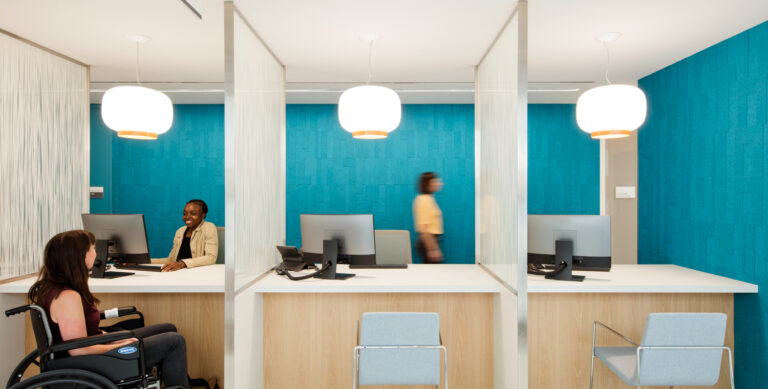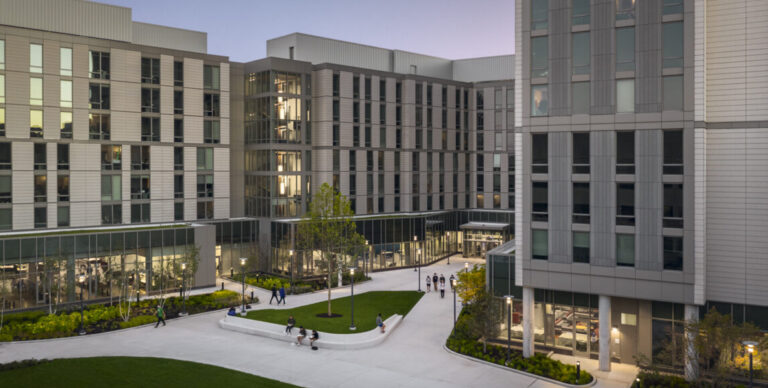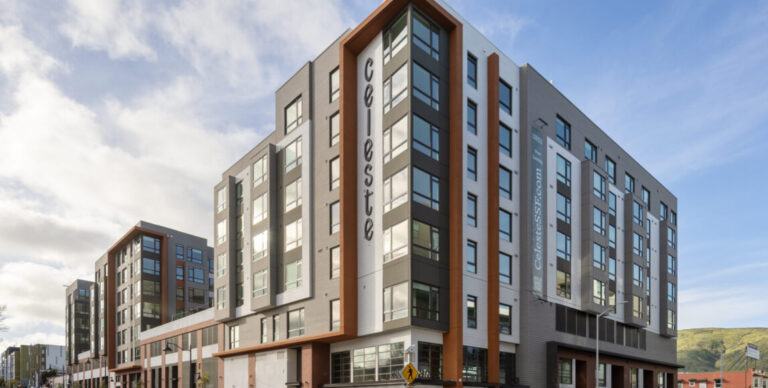Real Estate, The Secret Weapon to Winning the Streaming Wars

Streaming companies are facing the most challenging battle yet in the ongoing war over subscribers and content. Last year, the biggest platforms (including Netflix, Disney+ and HBO) lost viewers, billions of dollars and stock value. For the first time since the advent of streaming, growth is not guaranteed. This disruption led some to declare the streaming wars had come to an end—but really, just the opposite is true. There is still a battle for market share, and now the stakes are higher. Streaming companies have a greater burden to develop and acquire captivating, award-winning content that will win new subscribers.
Surviving the streaming wars in 2023 will mean a change in strategy, however. Mass spending and catchall-style content creation is not going to suffice. Companies need to secure targeted, quality and consistent content. Creating the content that consistently captures audiences requires securing innovative writers, seasoned showrunners, and production teams that use state-of-the-art technology. This fact underscores the critical role that real estate plays in this content creation competition. High-end, tech-forward office spaces are helping entertainment companies impress clients, attract talent, and house the tools needed to create elevated content. In my experience, the best-in-class entertainment offices have these characteristics in common.
A seamless client experience
For streaming companies, a perfect office environment must first serve clients and prospective creative partners and collaborators. Entertainment industry heavyweights and celebrities frequently shop content ideas, scripts, and treatments to a variety of networks, streaming companies and production studios, and securing these deals is highly competitive. As owner’s representatives, we have heard from streaming companies the need to make a great impression even before the client steps into the meeting room.
To effectively court creatives, tech companies need a curated end-to-end client experience. In Los Angeles (a well-known car city), that experience begins outside of the building at the car valet. Clients should pull into the valet, exit their car, and enter the building seamlessly. From there, the lobby should make a grand statement, translating the company’s culture and aesthetic, and staff should be on hand to greet and guide the client through the building with a personal concierge vibe. The lobby experience should carry through the building as the client walks to the designated meeting room. This is a valuable opportunity to create an inviting atmosphere where clients want to be, work, and have their content showcased.
Generate social media opportunities
Entertainment companies might be used to working alongside real Hollywood luminaries, but they shouldn’t discount the power and significance of social media fame. Social media plays an important promotional role, both for the company as a brand and the company’s creative assets—and offices should have spaces that encourage viral social media moments.
Entertainment offices should have a branded space, usually near the front entrance or in the lobby, where clients and industry partners can take photos to post to social media. These moments can become iconic photos that authentically promote the brand through a simple but recognizable photo backdrop, like a mural, color splash wall, or super graphic.
Companies should also build out spaces for social media content creation to share on brand-owned platforms. This might include compact production studios or photo rooms to shoot video content and product photos that promote films, television shows, partnerships and related consumer products.
Quality workspaces for leading talent
Clients and content are important, but you can’t forget your full-time team. Production and administrative talent drives shows and other streaming properties forward and maintains quality season after season. Offices are an important part of the package to attract and retain talent. Quality spaces are outfitted with amenities that employees need to successfully do their jobs; help to create a positive work-life balance; encourage health and wellness; and reflect a positive and equitable company culture.
Specific to entertainment, offices should reflect the type of content the company creates. There should be ample space for collaboration and team meetings, and private spaces for highly confidential conversations, which are common in the entertainment industry.
Technology that supports innovation
There is no question that technology is critical to creating quality content today. New innovations are helping to elevate recorded content at a lower cost. In-camera visual effects, for example, are eliminating green screens and hours of post-production editing. Entertainment offices need listening labs, screening rooms, viewing theaters, edit bays, recording studios and broadcast studios. Streaming companies should also be investing in emerging technologies, like virtual reality and AI, that stand to reshape entertainment in the near future.
In addition to production-related technologies, quality office spaces empower users with localized building controls. Employees can have individual access to lighting, heating and cooling features to create a personalized and comfortable work environment.
Streaming companies have pioneered the most exciting period in entertainment history, and it has produced tremendous growth for the industry. But as consumers become more discerning, success will not come as easily. As experts in the entertainment industry and the real estate industry, we see how physical spaces are supporting success for our clients. The office is a resource and investing in quality and cohesive spaces will produce a tremendous advantage for companies looking to develop industry-leading content. The streaming wars have yet to declare a victor. Don’t retreat yet.
The Art of Winning Work in Behavioral Health Facility Development
Winning funding or work in behavioral health facility development is part science, part art.




